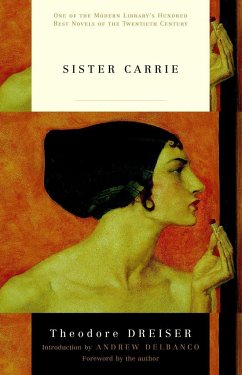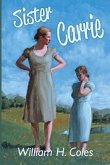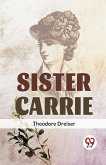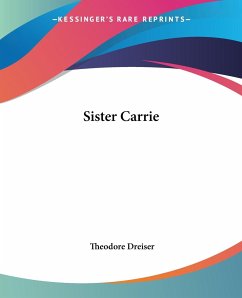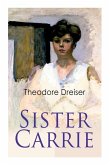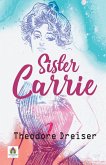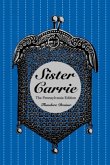Selected by the Modern Library as one of the 100 best novels of all time "Theodore Dreiser is a man who, with the passage of time, is bound to loom larger and larger in the awakening aesthetic consciousness of America. Among all of our prose writers he is one of the few men of whom it may be said that he has . . . never been a trickster. If there is a modern movement in American prose writing, a movement toward greater courage and fidelity to life in writing, Theodore Dreiser is the pioneer and the hero of the movement."--Sherwood Anderson Long before she was seduced by the cautious and ordinary man whose life she would unravel with no malice and only intermittent interest, the young Carrie Meeber was seduced by the promise of the city--its vitality and reckless possibility, the thrill of material luxury, and the spectacle of power and industry. Banned on publication for its questionable morals, Sister Carrie is the great American novel of seduction, a masterpiece of insight into appetite and innocence. "Such a novel as Sister Carrie stands quite outside the brief traffic of the customary stage. It leaves behind an inescapable impression of bigness, of epic sweep and dignity. It is not a mere story, not a novel in the customary American meaning of the word; it is at once a psalm of life and a criticism of life. . . . [Dreiser's] aim is not merely to tell a tale; his aim is to show the vast ebb and flow of forces which sway and condition human destiny. The thing he seeks to do is to stir, to awaken, to move. One does not arise from such a book as Sister Carrie with a smirk of satisfaction; one leaves it infinitely touched."--H. L. Mencken
Bitte wählen Sie Ihr Anliegen aus.
Rechnungen
Retourenschein anfordern
Bestellstatus
Storno

